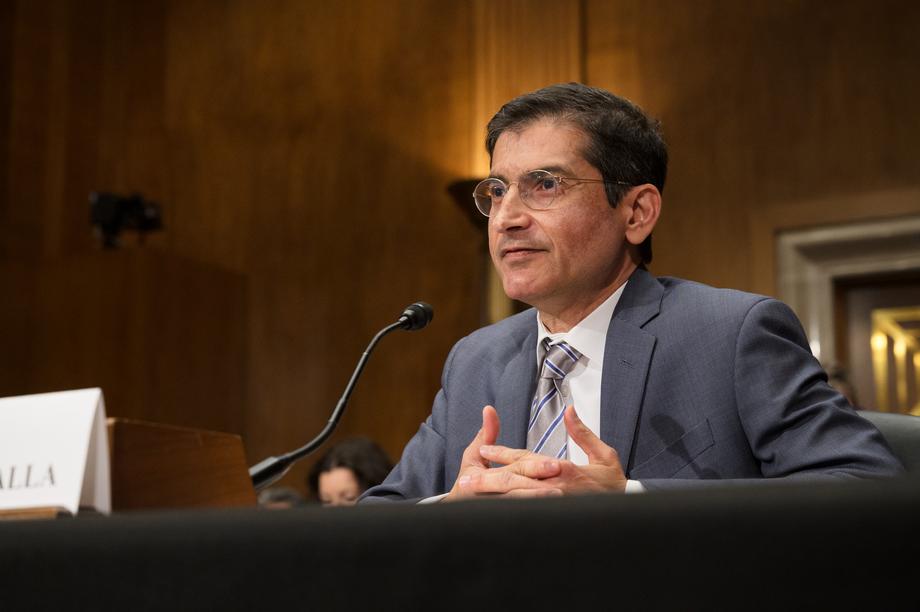That is the topic of a U.S. Senate hearing last week. One person testifying was an economist, USC Professor Darius Lakdawalla. While his full testimony is here, his key points of contention are worth reading. These include:
- The challenge for public policy is to sustain the pace of medical innovation while ensuring that valuable new technologies remain affordable and accessible.
- The U.S. is by far the largest market for pharmaceuticals in the world and the engine of global pharmaceutical innovation. Other countries, in effect, free ride off the innovation stimulated by the American market.
- Despite stable or falling net prices paid to prescription drug manufacturers over the past decade novel medicines lie increasingly beyond the financial reach of American patients.
- Blunt price controls are not the solution to the worsening affordability of prescription drugs or to global free-riding: Schaeffer Center research suggests that introducing European-style pricing policies would reduce Americans’ life expectancy.
- Instead, aligning drug prices with the actual value provided to patients stimulates innovation that benefits patients and discourages innovation that does not.
- Legislation to increase drug price transparency, coupled with better information about value,
can help payers and consumers spend their money wisely. - Affordable and generous insurance for prescription drugs ensures that drugs remain within the
financial reach of American families.
You can read the full testimony here, full of hyperlinks to interesting articles.


